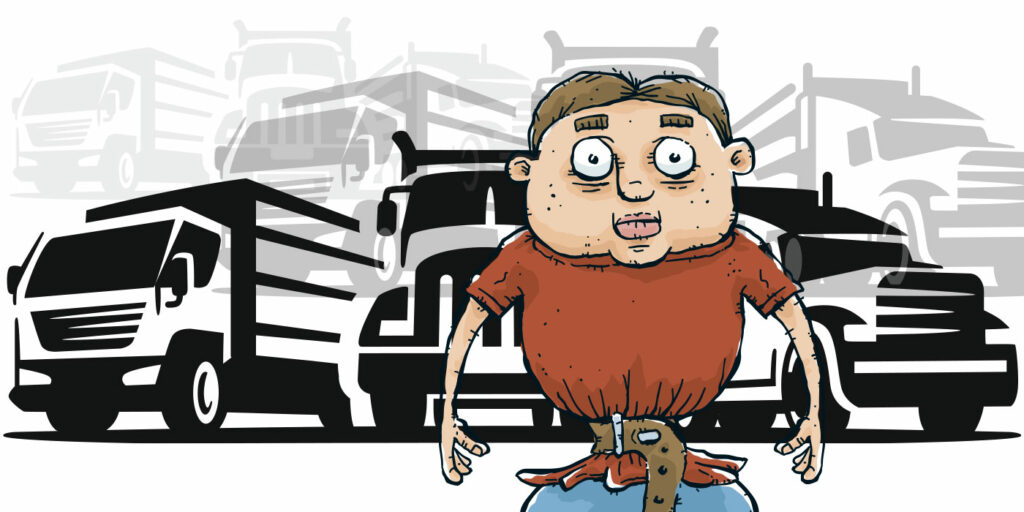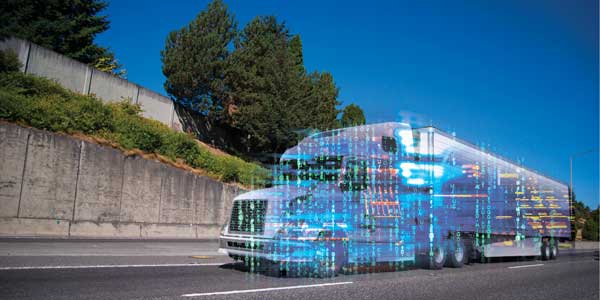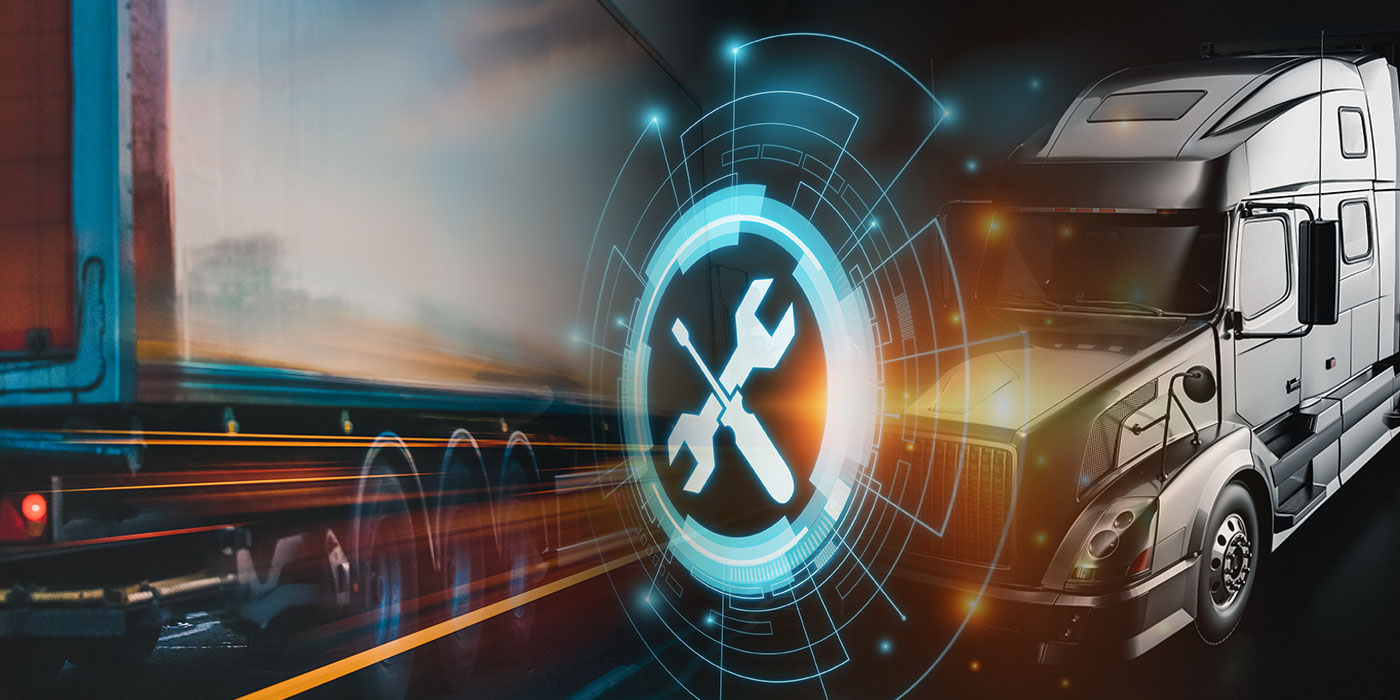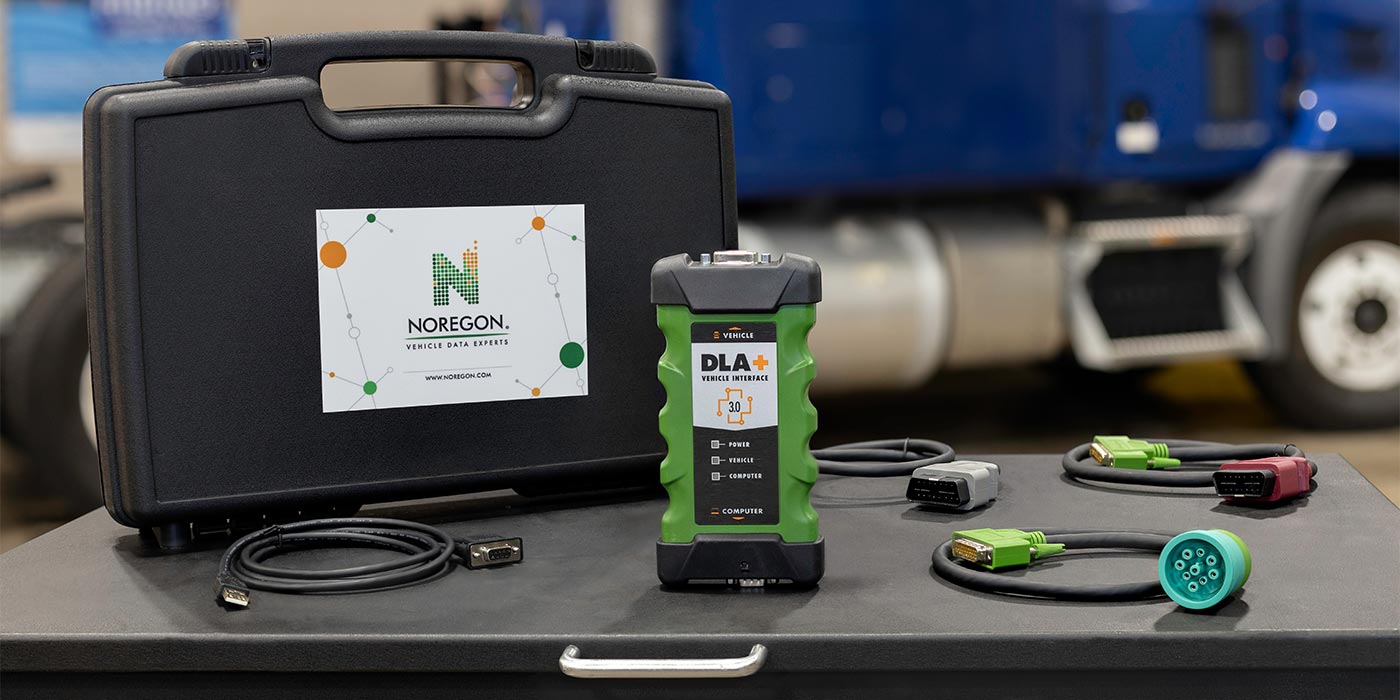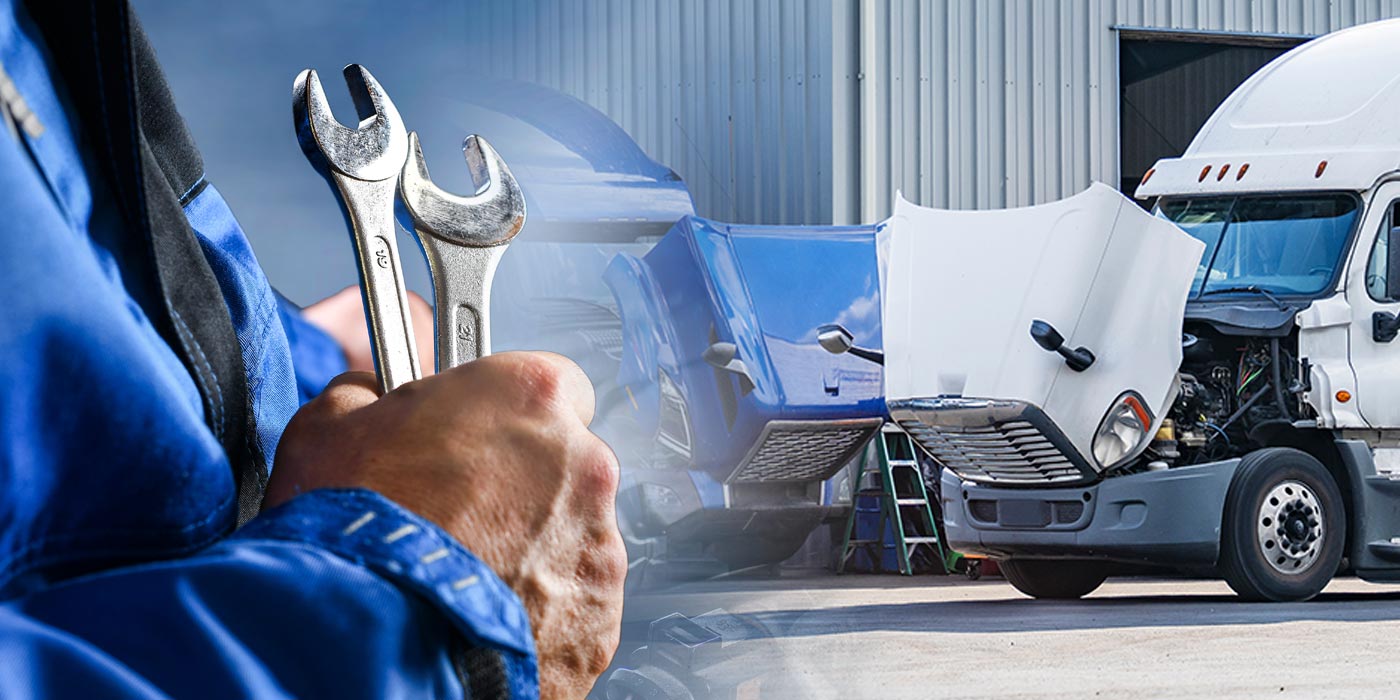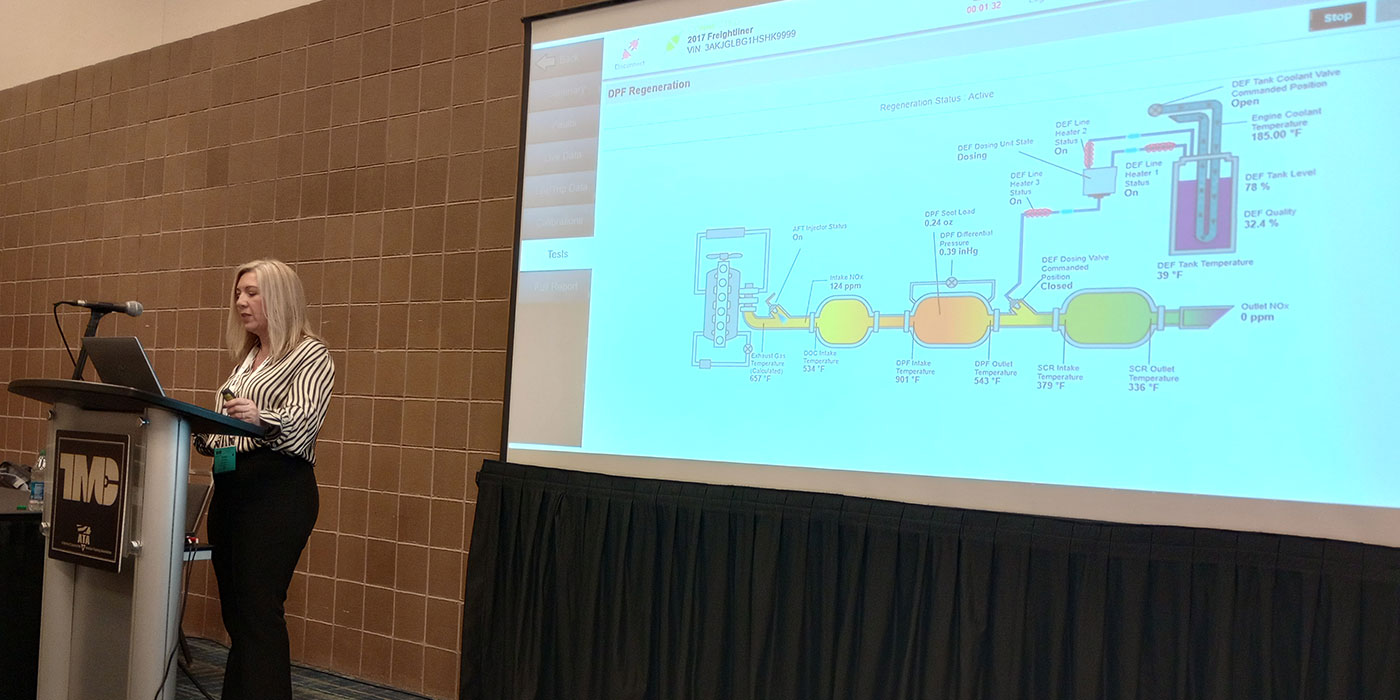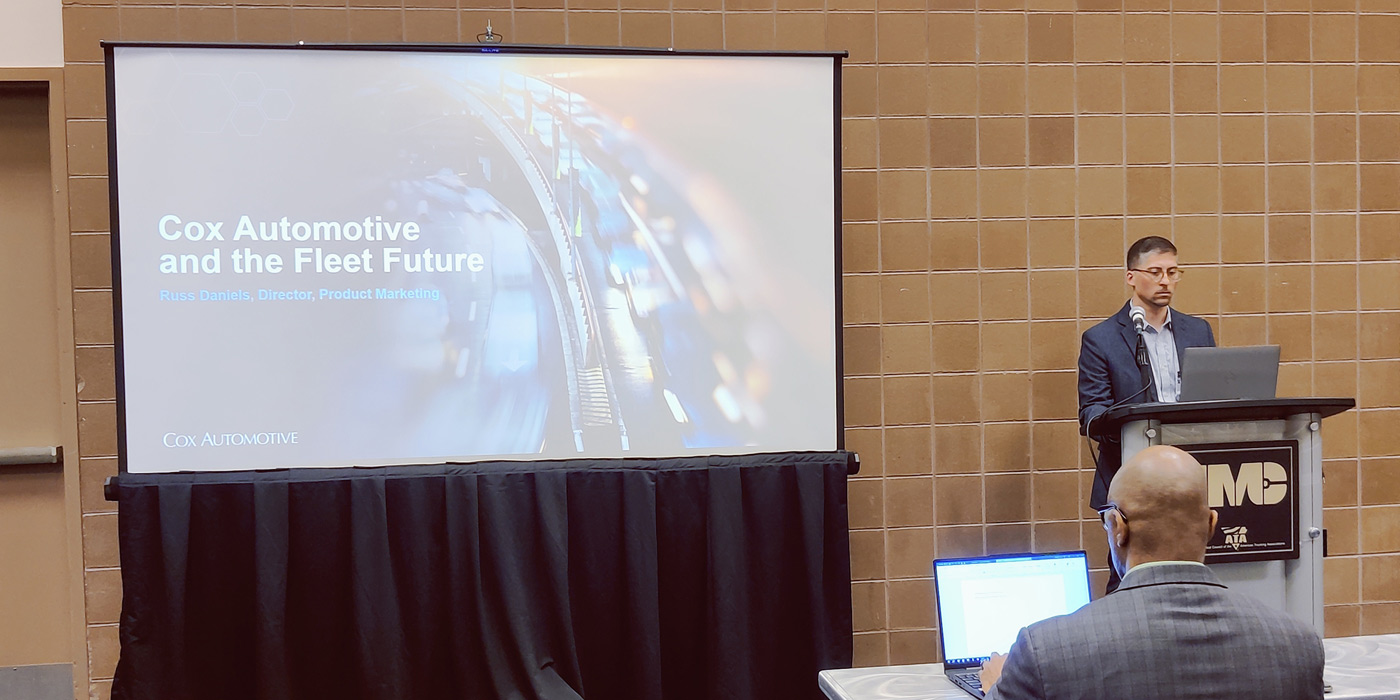For years, those of us in this profession have had the idea beaten to death that we shouldn’t spend money, don’t have too many mechanics, don’t overstock inventory. We even have gone through a phase that maybe we should have consignment parts or even outsource the parts room to a third party. We were brought up to operate without and make things happen and carry the load. These days they call that “operating lean.”
I happen to agree with operating lean but we may be entering an era where this may not work anymore—at least, not the way it used to.
The next phase was to get a computer and software to do all of this. Now the shop foremen were being told: let the system take care of the parts; let the system order the parts; let the system track the parts; let the system generate a PO and email it to the parts house to fill the orders; let the system receive the parts into inventory; let the system charge out the parts. Boy, I need this! Where do I sign up?
I do believe that computer and VMRS code software has brought us to a new level of data, data, data. I like what it can do, I like what it can spit out, and I like reports of parts usage and parts cost and keeping the vendor honest about their selling prices and controlling uncontrollable price increases, PM scheduling and so on.
But, have any of you readers ever started from scratch and set up the parts room to get the sytem to be accurate? Has any reader worked the system after the fact to make it function accurately? Have you gotten it to the efficiency level that made it worth the investment in software and the labor to set up and maintain the investment going forward? Those of you who have know how much time and work it really is, and this is an area where lean does not work as the definition might indicate.
The PO process does not work by itself; putting the parts on the shelf does not work by itself. It takes people to do it and that is not the shop foreman, service manager or truck wash person. It is not a part-time duty, it is a full-time responsibility if you want it to work, spit out the information and data and the reports that are useful.
Accounting, ownership and management want all the data they can spit out but still want to combine these full-time requirements by overloading the shop lead people and mostly falling on the shop management. If look at closely, you may find that the shop leaders are spending the majority of their time trying to make the system work, feeding the “data gator.”
Times are changing and I do believe in operating lean and practiced it for years, but lean and overloading employees are in the same category in the minds of many who have not worked in the shop but are in charge of these processes. Data is required in today’s world, but so is lessening the overload.
We need to overload the shops with support rather than with work. Shop leaders need to have time to coach the newly hired new employees with little or no experience. They need to be mechanically coached on a minute-to-minute basis to build them, all day every day and not spend the time to protect their job by being lean and wearing many hats as a shop manager pushing paper and trying to make the computer system data to be clean.
Shops need to have administrative support for all the paperwork shoved at them. It is not going away.
If you want data, have a shop software program and supply parts to mechanics to keep them productive, get a parts person and shop administrator to assist the shop management to do their job, lead, guide and direct, with the results of lowering unit mechanical operating cost (CPM) and maximize vehicle uptime. Is not this what it is all about? I think so! Lean is ok, but draining our shop managers driving lean may have led us to the levy’s spill point.
For more fleet insight from Darry Stuart, click here to read his full archive of columns.

